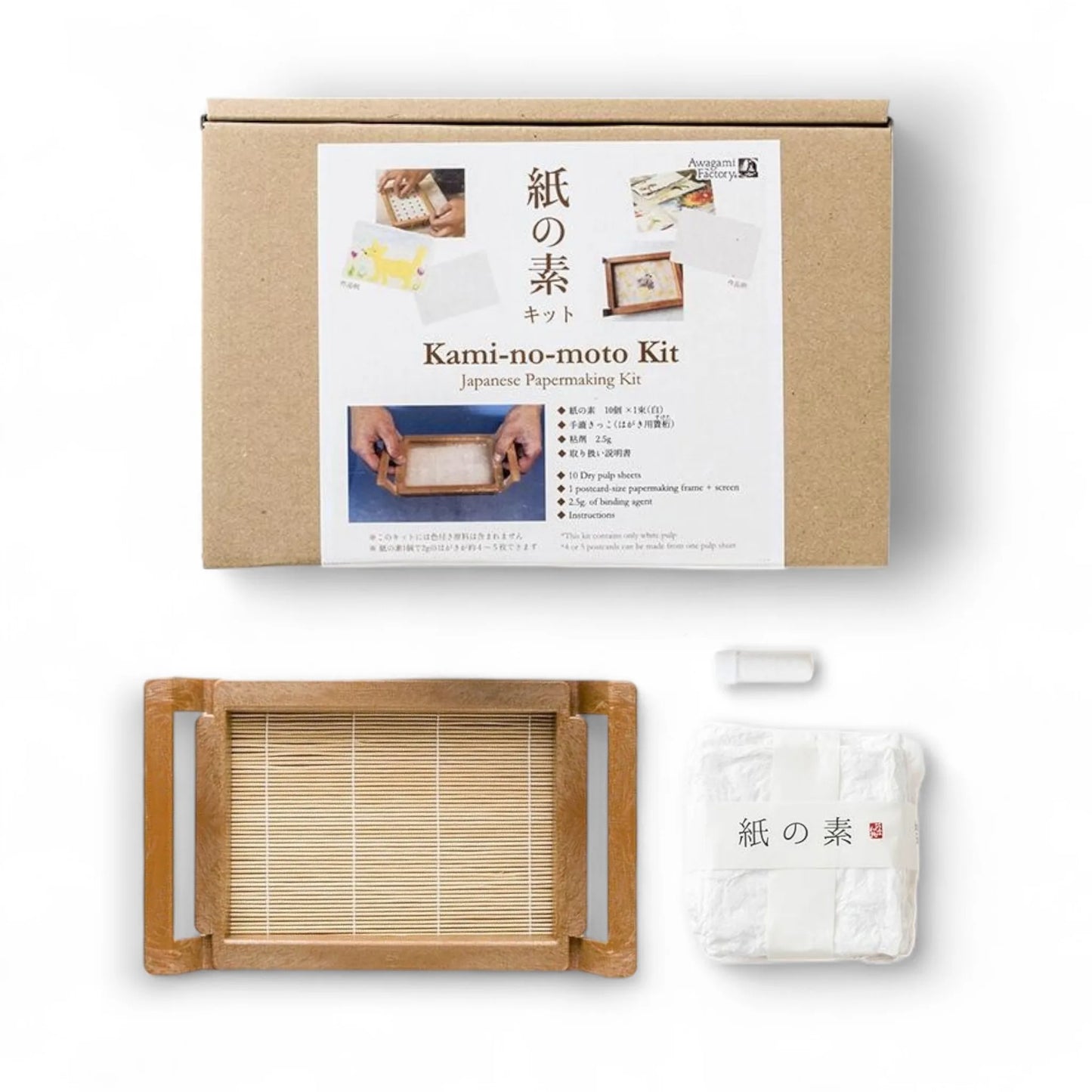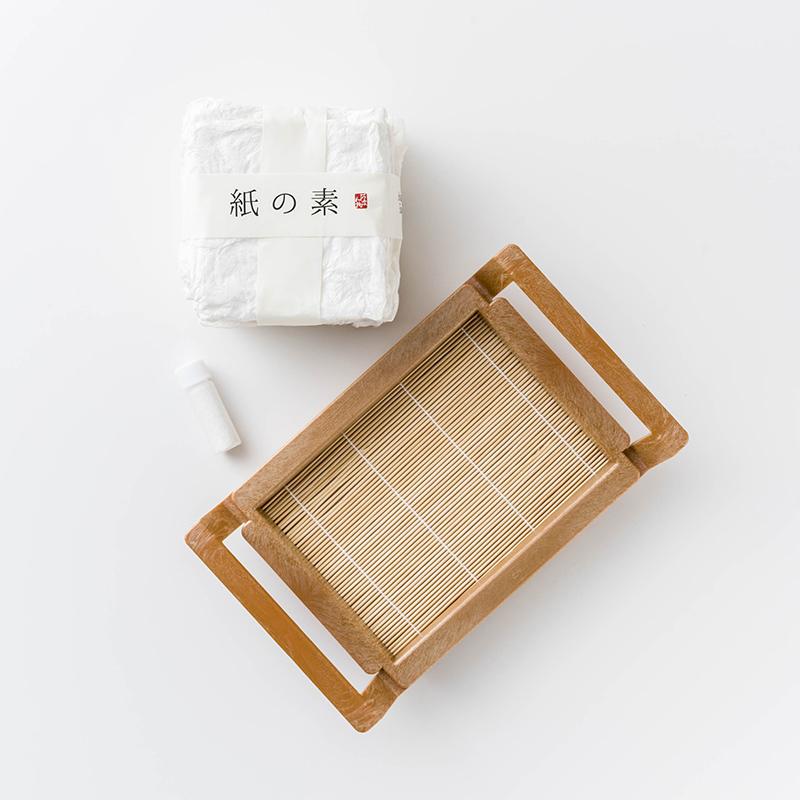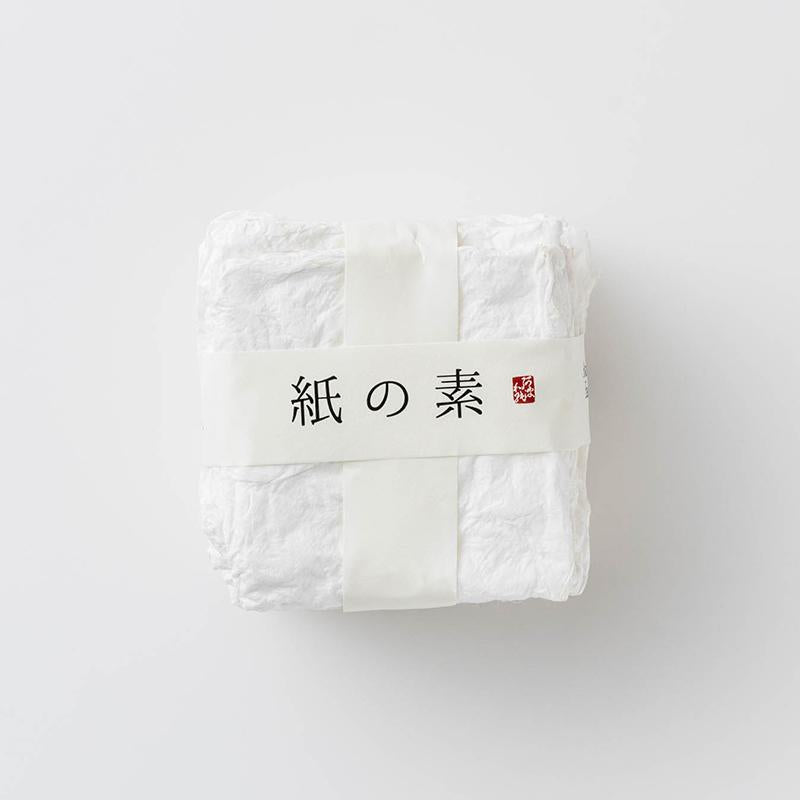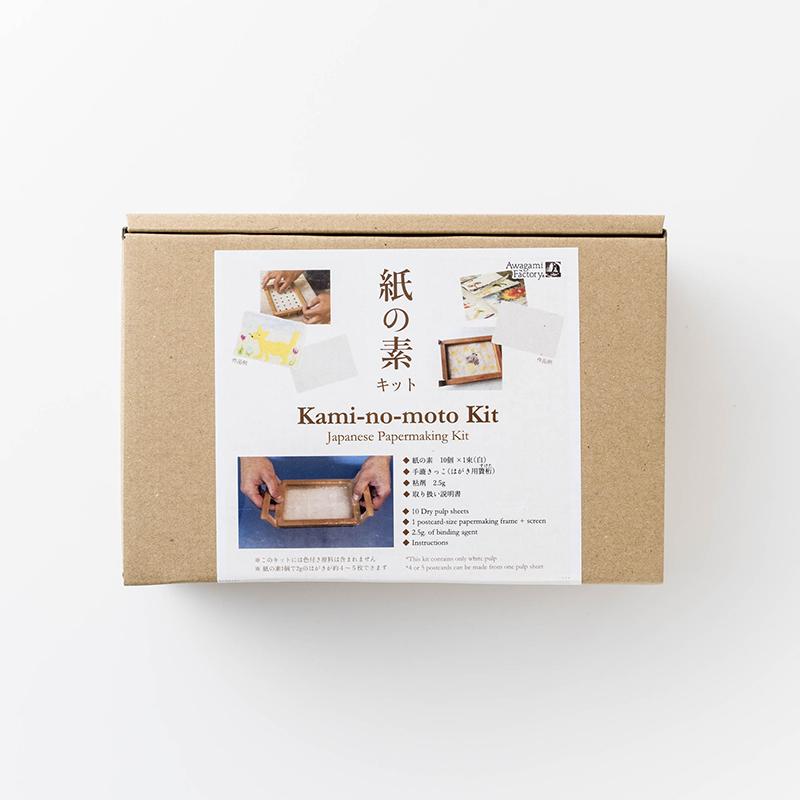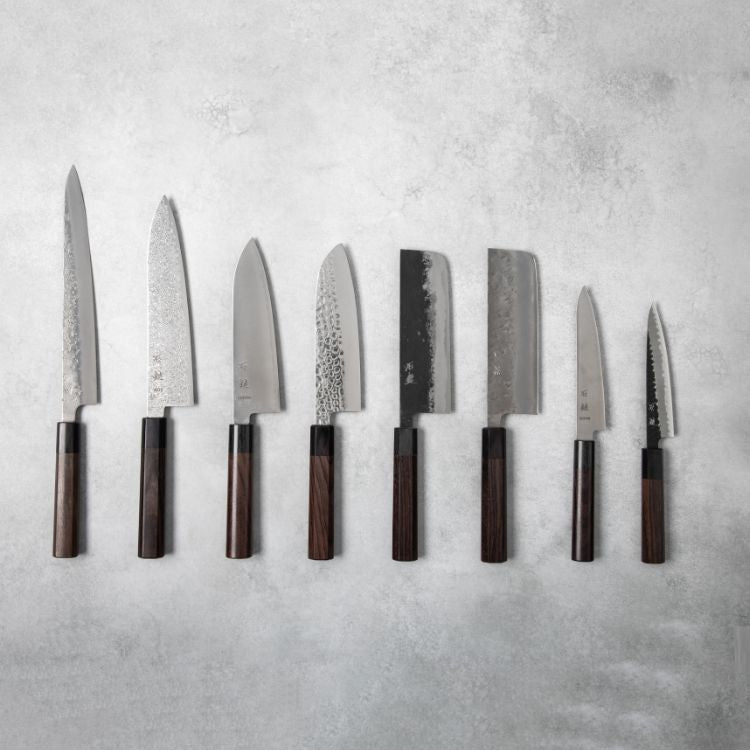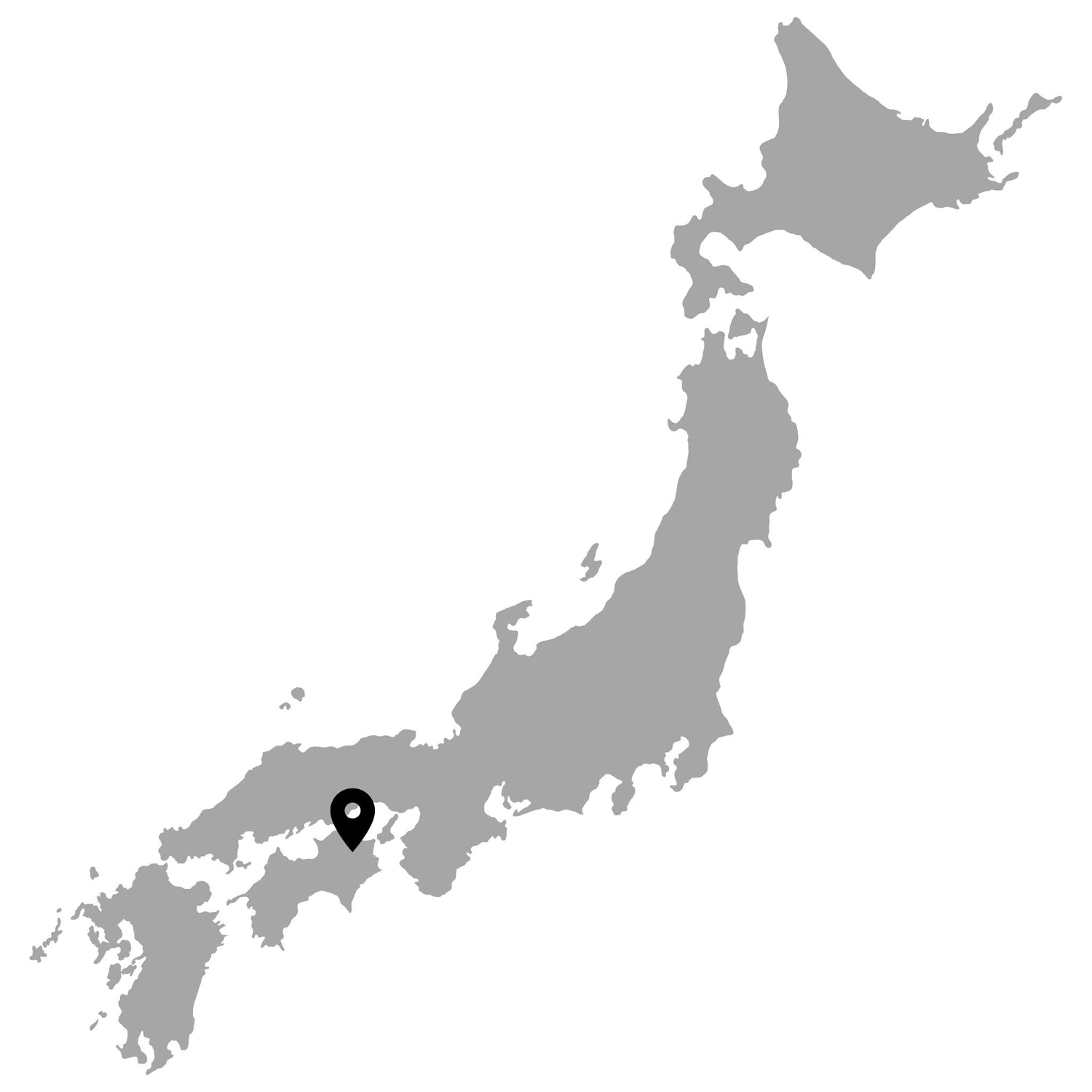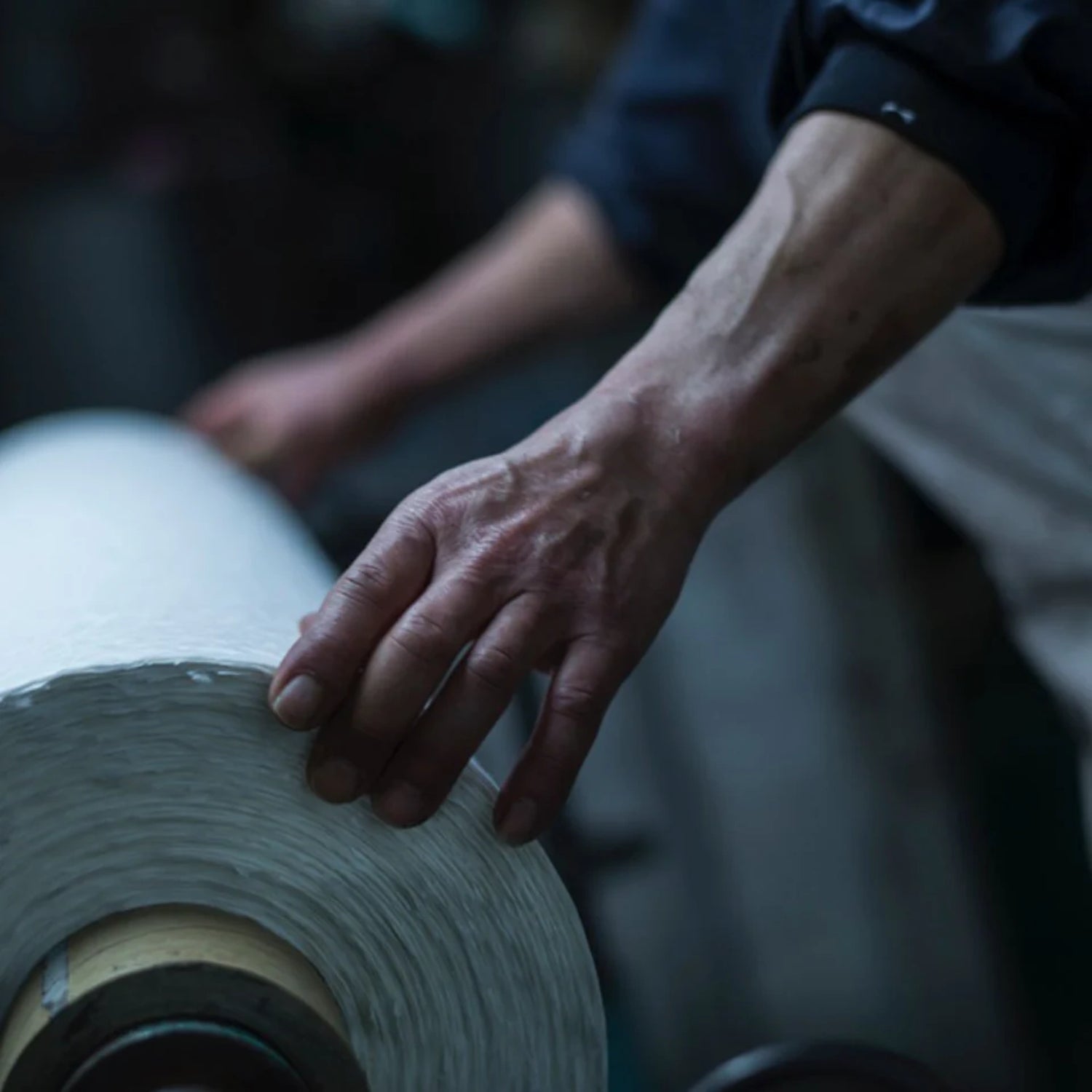Japanese Washi Paper Crafting Kit
Japanese Washi Paper Crafting Kit
Couldn't load pickup availability
Awagami Factory invites you into the poetic world of traditional papermaking with this complete washi crafting kit. Rooted in Tokushima’s centuries-old legacy, the set includes all the essentials—delicate pre-formed pulp sheets, a postcard-sized su (papermaking frame), and binding agent—elegantly packaged and ready for your first sheet.
From the texture of each fiber to the subtle variations shaped by your own hands, this quiet craft offers more than just paper—it offers a moment of stillness and reflection. Whether you create for art, correspondence, or memory, this kit bridges timeless Japanese technique with your personal imprint.
A meaningful introduction to washi for both the curious beginner and the seasoned hand.
Detail
Detail
Care & Use
Care & Use
- Check our tips for care & use.
